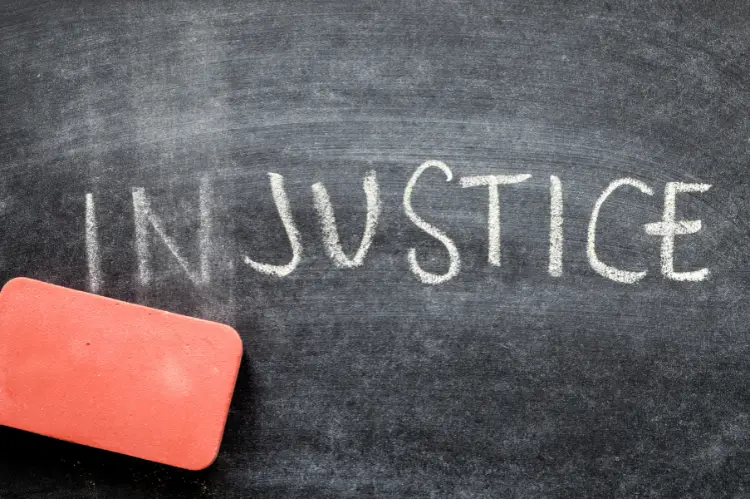Around the world, Christians frequently experience serious injustices, which can range from prejudice and social marginalization to overt persecution and violence. The international community must react to these issues with empathy and initiative. A multidimensional strategy that combines campaigning for change, offering assistance, and increasing awareness is necessary to assist Christians in coping with such injustices. This article provides six doable strategies for supporting Christians who are victims of injustice so that our efforts are both successful and long-lasting.
Raise Awareness Through Education and Media
The first and most important step in resolving the injustices experienced by Christians is raising awareness. The intensity and scope of persecution are not widely known. Learn about the circumstances in other nations by viewing documentaries, reading books, and keeping up with reliable news sources. Share facts, anecdotes, and figures on examples of Christian persecution via social media. You may also reach a wider audience by penning opinion pieces, blog entries, or stories for your local newspaper. By raising awareness, you may contribute to the attention that these problems receive on a worldwide scale, which may put pressure on institutions and governments to act.
Advocate for Policy Changes
One effective weapon in the battle against injustice is political activism. Interact with national and local decision-makers to push for more robust safeguards for human rights and religious liberties. Communicate with your reps via phone, letter, and appointment to address these matters. Encourage and take part in initiatives run by advocacy organizations such as Voice of the Martyrs, International Christian Concern, and Open Doors. These groups frequently have continuous legislative efforts and petitions that require support from the general population. You may contribute to the establishment of a society in which religious liberties are upheld and safeguarded by supporting legislative reforms.
Provide Financial Support
Donations of money to groups operating locally can make a big difference. For persecuted Christians, these groups offer vital services, including emergency help, medical attention, legal support, and educational initiatives. Think about making donations to reputable, open-minded groups that assist Christians who are being persecuted. Organizing campaigns or activities to raise money for your community or church can also result in significant financial assistance. These grants allow organizations to carry out their essential job and assist more people in need.
Offer Emotional and Spiritual Support
For people who are being persecuted, help on an emotional and spiritual level is just as important as money support. Form prayer groups whose goal is to offer up prayers for the families and Christians who are being persecuted. To let them know they are not alone, send cards, care packages, and encouraging messages. Churches can adopt persecuted individuals or communities, offering continuous assistance and fostering deep connections. Giving persecuted Christians emotional and spiritual support gives them hope and a sense of unity, which helps to fortify their resolve.
Volunteer Your Time and Skills
The lives of persecuted Christians can be immediately impacted by your time and skills donated. Many organizations need volunteers for a variety of positions, such as outreach, event organizing, and administrative assistance. Offer your specialized knowledge—such as legal competence, medical understanding, or counseling experience—to groups that assist Christians who are being persecuted. Taking part in mission trips may also be an effective approach to give aid if it is done safely and with consideration for the local environment. Through volunteering, you may actively improve the lives of those in need and leave a lasting impact.
Support Refugees and Asylum Seekers
Many Christians leave their nations in search of safety from persecution abroad. Encouraging just and compassionate asylum rules, offering housing and financial assistance, and assisting with their integration into new communities are all part of supporting these migrants. Establishing assistance programs that provide social support networks, career training, and language instruction is something that churches and community groups can do. You may aid refugees in rebuilding their lives and establishing a sense of identity in their new surroundings by accepting and supporting them.
Conclusion
A comprehensive strategy is needed to assist Christians in coping with injustice, one that involves educating the public, pushing for legislative reforms, offering material and psychological help, offering time and talent donations, aiding refugees, and encouraging interfaith understanding. Every one of these acts is essential to establishing a society in which Christians are free to practice their faith openly and fearlessly. We can make a big difference and support people who are persecuted by putting compassion along with practical actions. By working together, we can create a world that is more fair and just for everyone.




